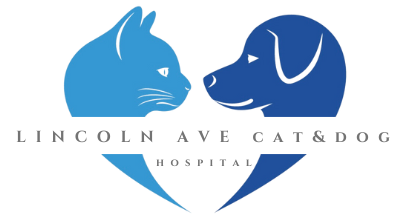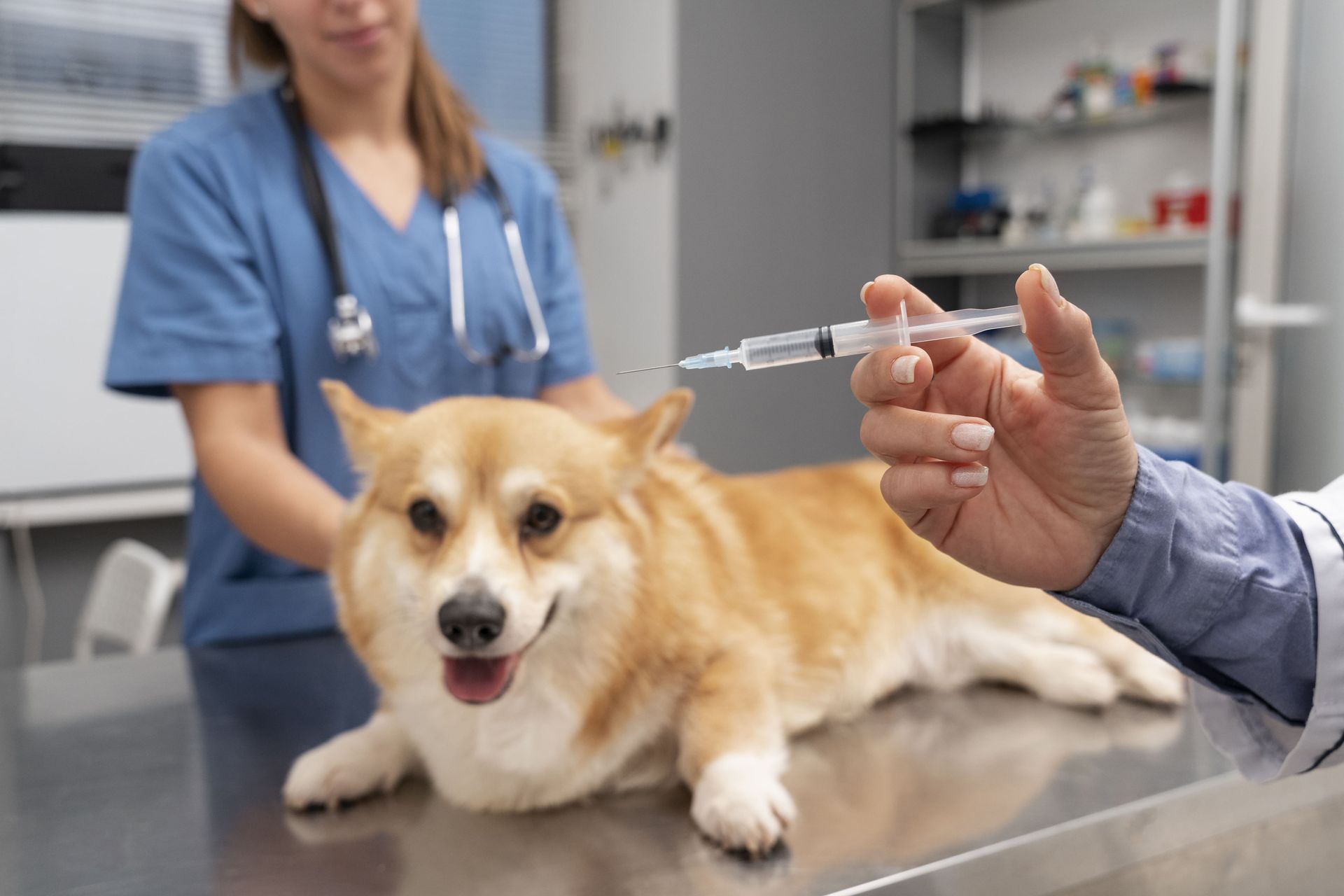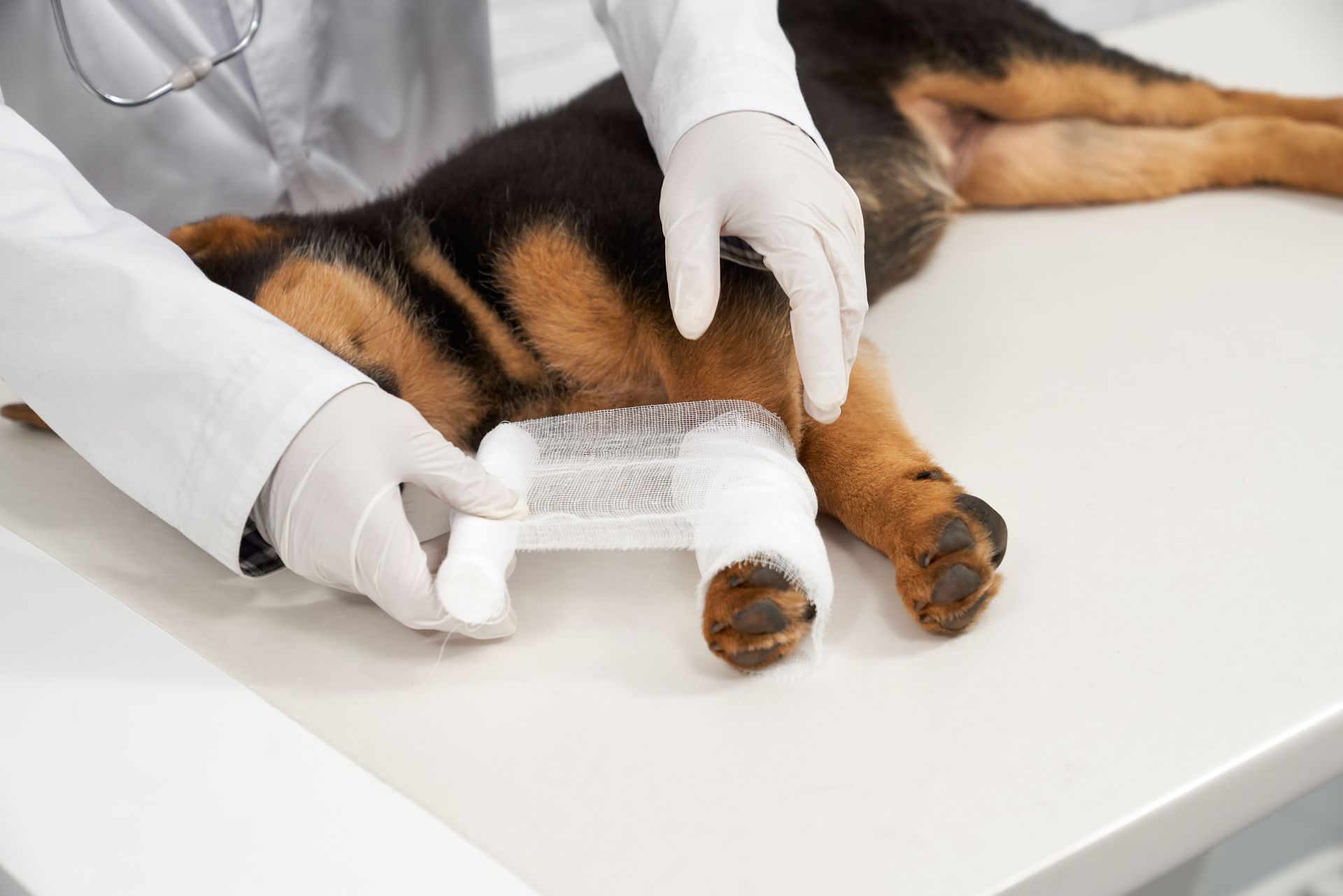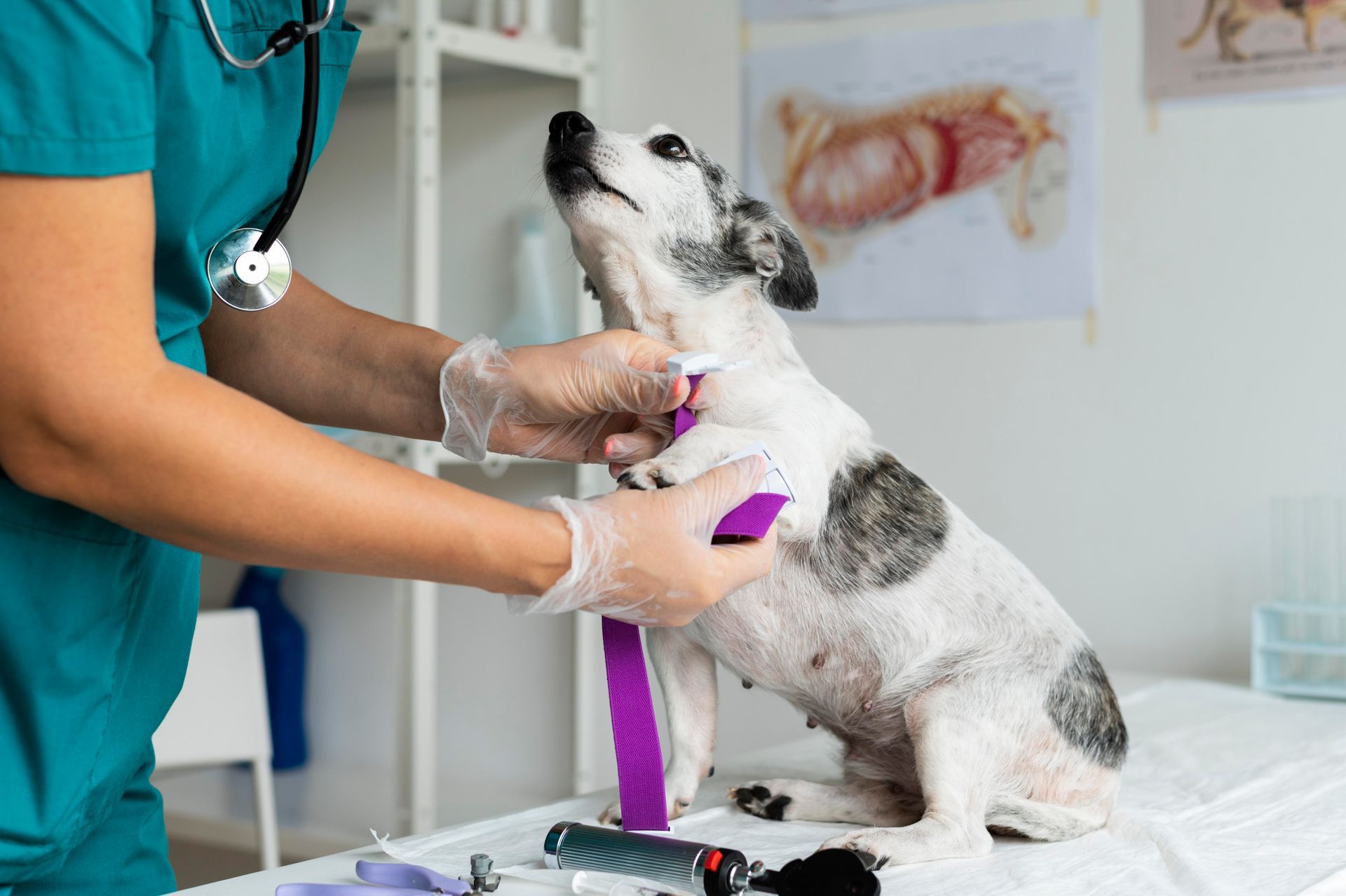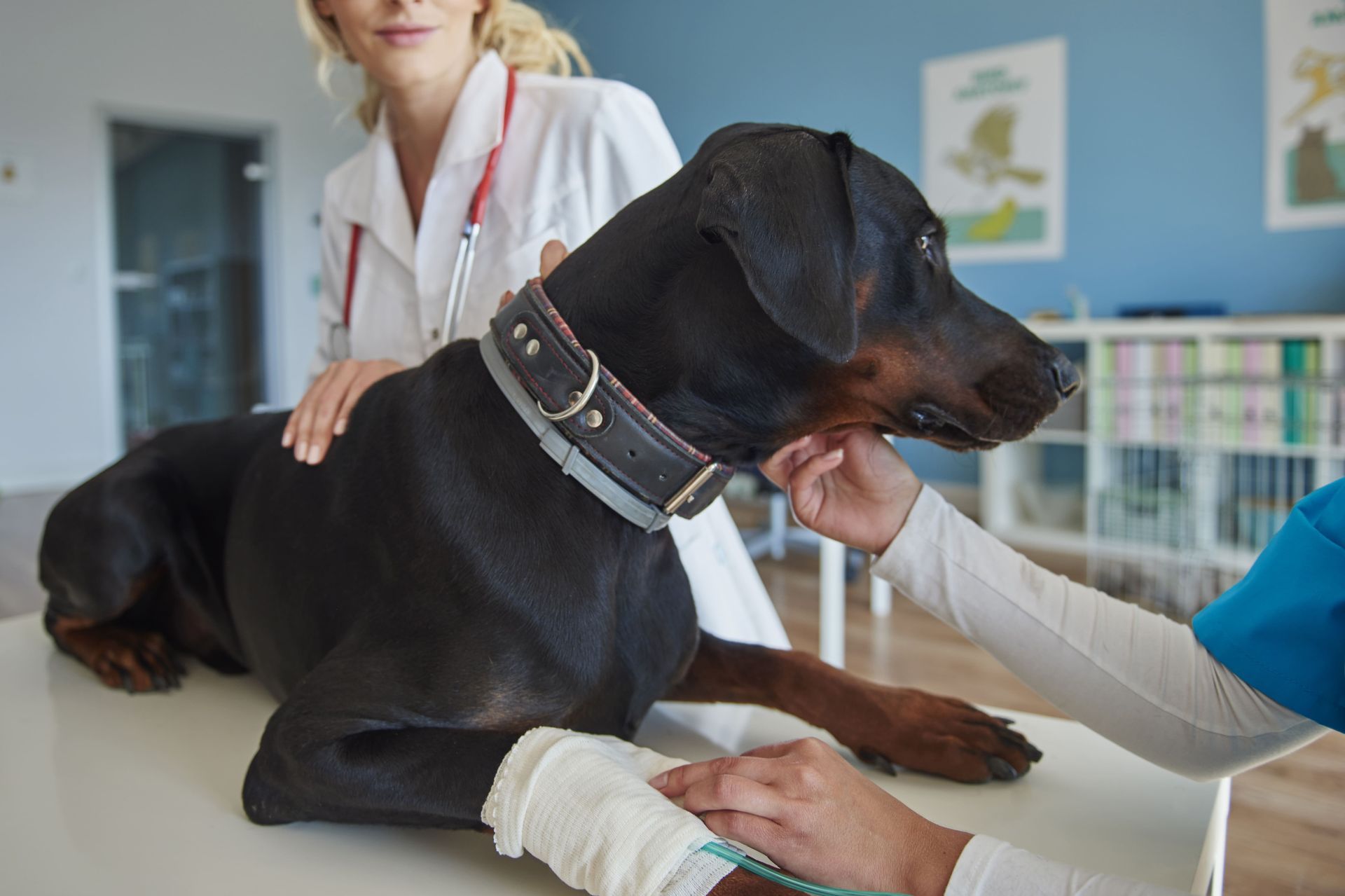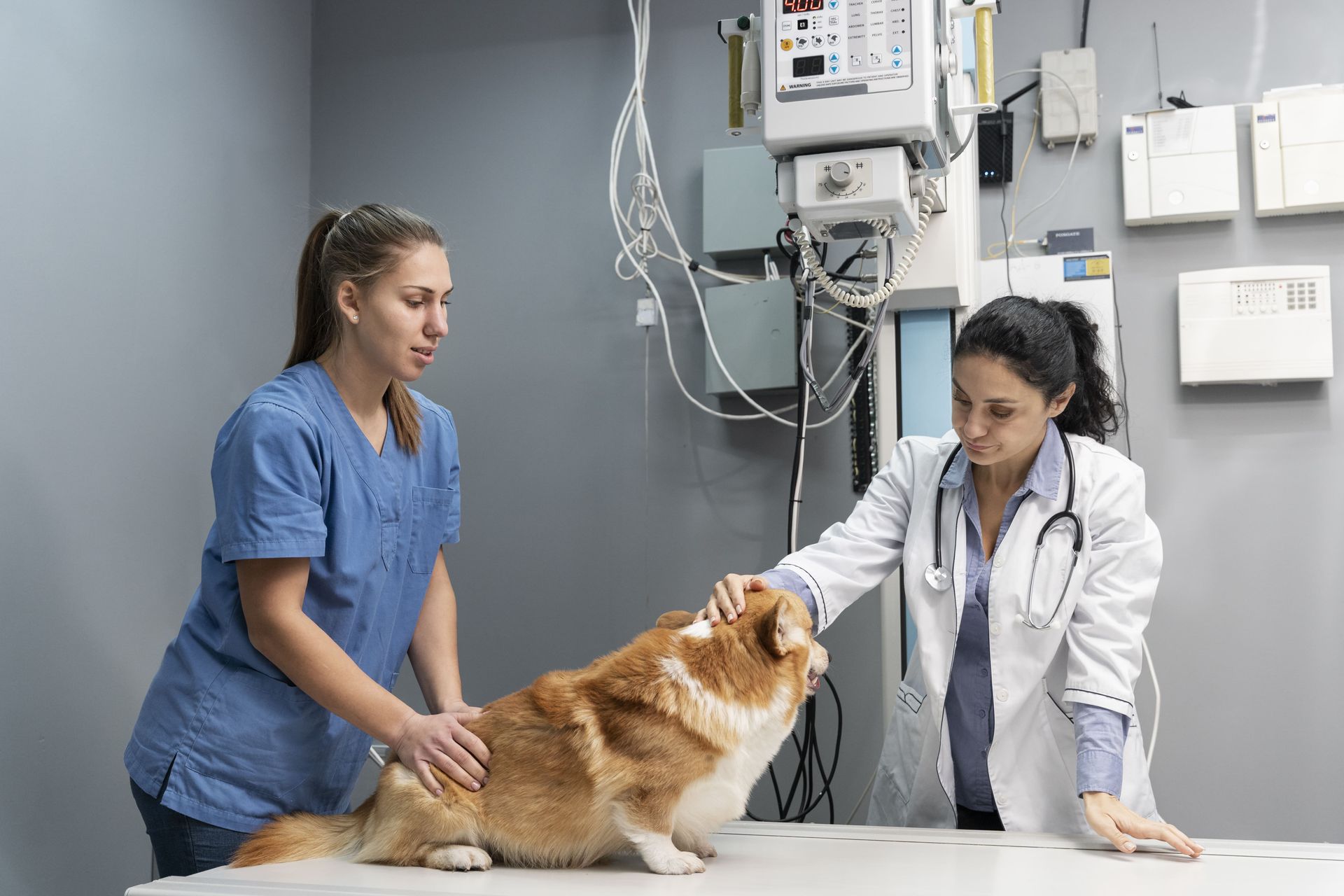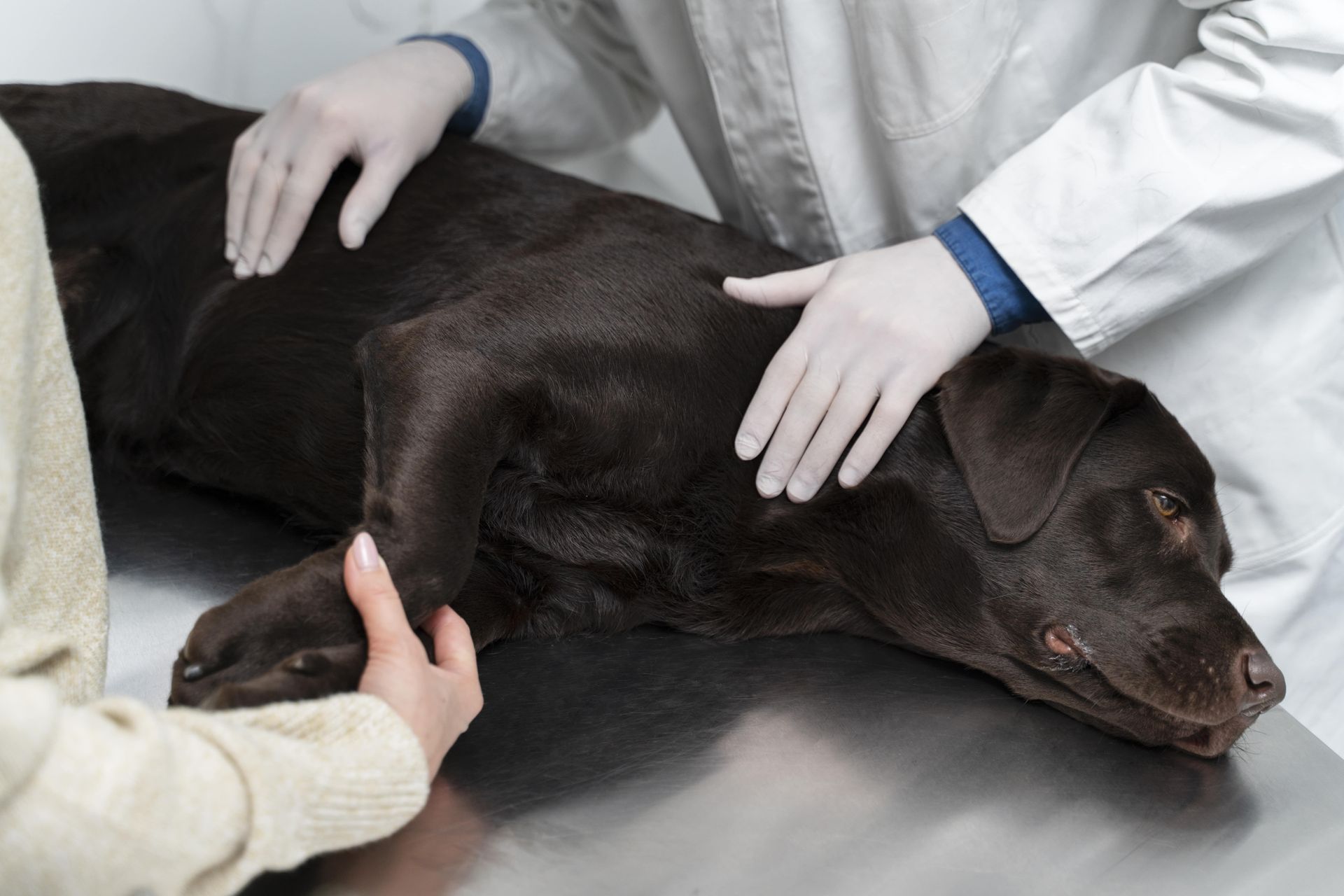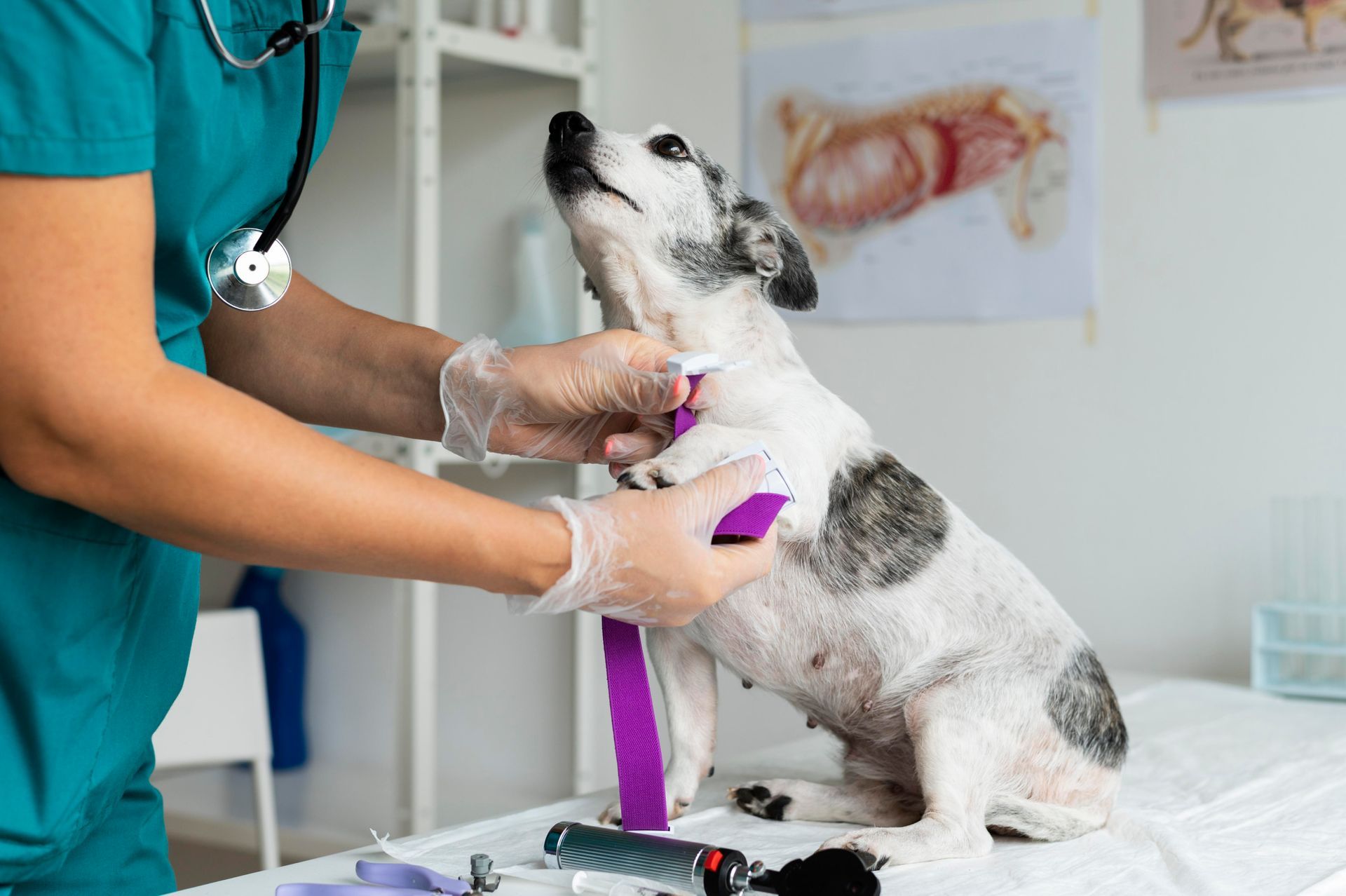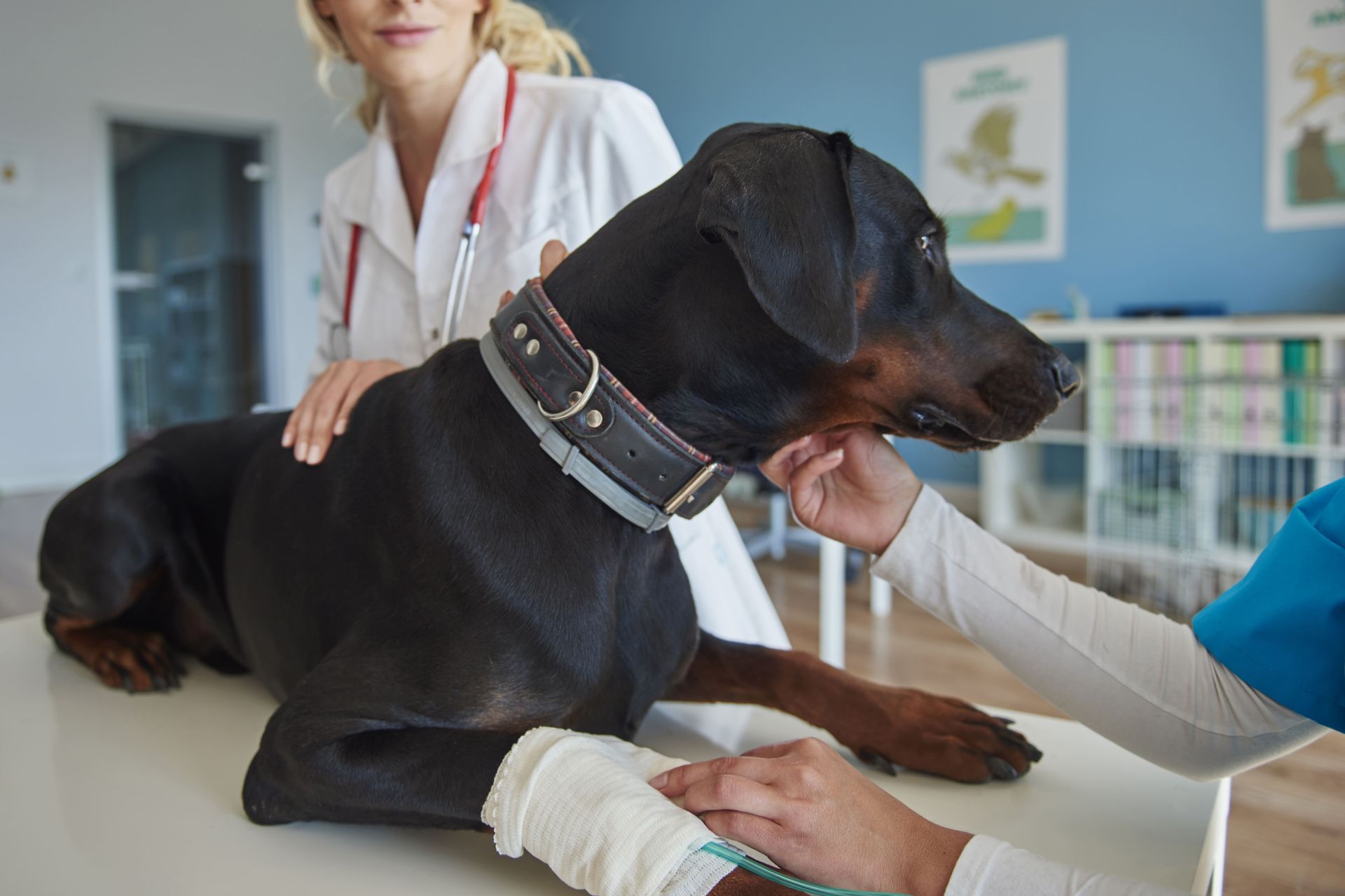When to See a Cat Cardiologist: Key Warning Signs to Watch For
As pet owners, we strive to ensure our feline friends lead happy, healthy lives. Sometimes, that involves recognizing when they might need specialized care. Just like humans, cats can suffer from heart issues that require the expertise of a cat cardiologist. In this blog, we'll explore the signs that suggest your beloved pet might benefit from a
visit to a cat cardiologist
.
Understanding the Role of a Cat Cardiologist
Cat cardiologists specialize in diagnosing and treating heart conditions in felines. Their expertise ensures that your pet receives targeted care for any cardiovascular issues that may arise. Just as human cardiologists focus solely on heart health, cat cardiologists have specific training to identify and manage heart problems unique to felines.
Their role is crucial when it comes to administering specialized tests such as echocardiograms or interpreting the subtle nuances of a cat’s heart rhythms. Knowing when your pet needs a veterinary cardiologist can make all the difference. The comprehensive treatment plans they develop often encompass dietary changes, medication regimens, and lifestyle adjustments, all tailored to the individual needs of your cat.
You may wonder when it's time to consider visiting a cat cardiologist. Typically, a referral from your regular veterinarian occurs when they detect something concerning during a routine exam. This could include abnormal heart sounds or a heart rate that feels irregular. In such cases, a more in-depth examination by a cat cardiologist is essential to accurately diagnose the problem and suggest an appropriate treatment plan.
Common Cardiovascular Problems in Cats
Cats may suffer from a range of heart conditions, each presenting its own set of challenges. Hypertrophic cardiomyopathy (HCM) is one of the most prevalent heart problems, characterized by the thickening of the heart’s walls. This condition can lead to heart failure or sudden death if not managed properly.
It’s important to understand that while some cardiovascular issues might be genetic, others can develop over time due to lifestyle factors. Cardiovascular issues in dogs and cats often go unnoticed, thus emphasizing the importance of vigilance and regular medical attention.
Congenital heart defects are another concern for cat owners. These are structural abnormalities present from birth, such as ventricular septal defects, which can significantly impact a cat's quality of life if not addressed. Early detection and management by a specialized cat cardiologist is imperative for these conditions.
Heart murmurs, often dismissed as benign, can also indicate more serious underlying problems and should not be ignored—especially if your cat exhibits accompanying symptoms like lethargy or difficulty breathing.
Beyond these, arrhythmias, or irregular heartbeats, pose another significant risk. While some arrhythmias are harmless, others can lead to more serious health concerns. Cats with arrhythmic hearts may experience fainting spells or bouts of weakness. Proper diagnosis is critical, as treatment can vary widely depending on the specific type of arrhythmia your cat is experiencing.
Recognizing Symptoms of Heart Issues in Cats
Cats are notoriously skilled at masking discomfort or illness, which makes detecting heart problems particularly challenging. However, being observant and aware of the subtle cues your feline friend gives off can help you catch cardiovascular issues before they worsen. Here are some key symptoms to watch out for:
● Lethargy or Decreased Activity
If your once energetic and playful cat now spends most of the day sleeping or avoiding physical activity, it may be more than just aging. Lethargy is often one of the earliest signs of heart issues in cats.
●
Rapid or Labored Breathing
Difficulty breathing—especially at rest—or breathing with the mouth open can indicate a lack of oxygen caused by heart dysfunction. This is a serious symptom that requires immediate veterinary attention.
● Persistent Coughing
While not as common in cats as it is in dogs, chronic coughing may signal heart disease such as congestive heart failure. Any ongoing cough should be evaluated by a veterinarian.
● Swollen Abdomen
A distended belly could indicate fluid buildup (ascites), often a result of advanced heart disease. This symptom is particularly concerning when it appears alongside others like breathing difficulty or lethargy.
● Fainting or Sudden Weakness
Episodes of collapse or sudden loss of strength might be linked to arrhythmias—irregular heartbeats that interfere with normal blood flow and oxygen delivery.
● Unexplained Weight Changes
Weight gain not associated with dietary changes—especially due to fluid retention—or sudden weight loss can be signs of underlying cardiovascular problems and should be investigated promptly.
Importance of Regular Vet Check-ups
Regular veterinary check-ups are the cornerstone of preventing and detecting cardiovascular issues early. During these appointments, vets can listen for abnormal heartbeats or any signs of distress, which might not be evident to an untrained eye. Early detection means initiating treatment when it is more likely to be effective, thereby improving your cat’s prognosis significantly.
Annual check-ups
often serve as the first line of defense in identifying issues that might necessitate specialized care. Many vets recommend more frequent visits for older pets, recognizing that like in humans, aging increases the risk of heart disease in cats.
These check-ups often include blood pressure monitoring, which is vital since high blood pressure is frequently associated with heart disease and can worsen underlying conditions without intervention.
Moreover, routine check-ups provide an opportunity to discuss any subtle changes observed in your pet’s behavior or health. Veterinary professionals recommend regular exams as they help set a baseline for your pet’s health, against which any deviations can be measured. This kind of proactive care ensures that even minor, seemingly inconsequential symptoms are not overlooked.
When to Consult a Cat Cardiologist
So, when is it time to consult a cat cardiologist? The transition from a regular veterinary check-up to needing specialized advice often depends on the persistence or severity of symptoms. If your cat is experiencing ongoing heart-related issues such as irregular heartbeats, chronic coughing, or unexplained lethargy, it might be beneficial to seek out a cat cardiologist.
Often, your veterinarian will refer you to a cat cardiologist after noticing signs that warrant a deeper investigation. Specialists like cat cardiologists employ advanced diagnostic tools to accurately determine the cause and extent of heart issues.
They tailor treatment plans specifically for your pet’s condition, enhancing their quality of life and potentially prolonging their lifespan. A cat cardiologist may recommend procedures like echocardiography, which offers a detailed view of your cat’s heart structure and function, or an electrocardiogram (ECG) to assess heart rhythm and electrical activity.
Such diagnostic evaluations are crucial for precisely understanding the heart’s health, allowing for well-informed decisions regarding your cat’s care.
Remember : The earlier you act, the more options you’ll have for managing your pet’s heart health.
Taking Proactive Steps for Your Cat’s Heart Health
Being attentive to your cat's health can make a significant difference in their quality of life. Recognizing early signs of heart issues and seeking specialized care offers your pet the best chance at a long, happy life.
If you ever have concerns about your cat's heart health, don’t wait—consult a cat cardiologist for peace of mind and expert guidance. These specialized professionals play a vital role in your feline friend’s care, especially when it comes to managing complex or chronic cardiac conditions.
Final Words
Heart disease in cats can be subtle and sneaky, but with informed vigilance, early detection, and the support of a trusted cat cardiologist, you can help your pet live a longer, healthier life. Remember, your instincts as a pet parent matter. If something feels off, trust it—and take action.
A healthy heart means more cuddles, more purrs, and more memories shared with your beloved feline companion.
Frequently Asked Questions (FAQs)
Q-1. What does a cat cardiologist do that my regular vet doesn’t?
Ans: A cat cardiologist specializes in feline cardiovascular diseases and uses advanced diagnostic tools like echocardiograms and ECGs that general vets may not offer. They develop more targeted treatment plans for complex heart issues.
Q-2. Can heart disease in cats be cured?
Ans: While most heart diseases in cats can't be cured completely, they can often be managed effectively with medication, diet, and regular monitoring from a cat cardiologist.
Q-3. How is heart disease diagnosed in cats?
Ans: Diagnosis usually involves imaging tests like echocardiograms, blood pressure checks, and sometimes chest X-rays or ECGs—all typically performed or interpreted by a cat cardiologist.
Q-4. Are certain cat breeds more prone to heart issues?
Ans: Yes. Breeds like Maine Coons, Ragdolls, and British Shorthairs are more genetically predisposed to heart conditions such as hypertrophic cardiomyopathy, making early screening even more essential.
